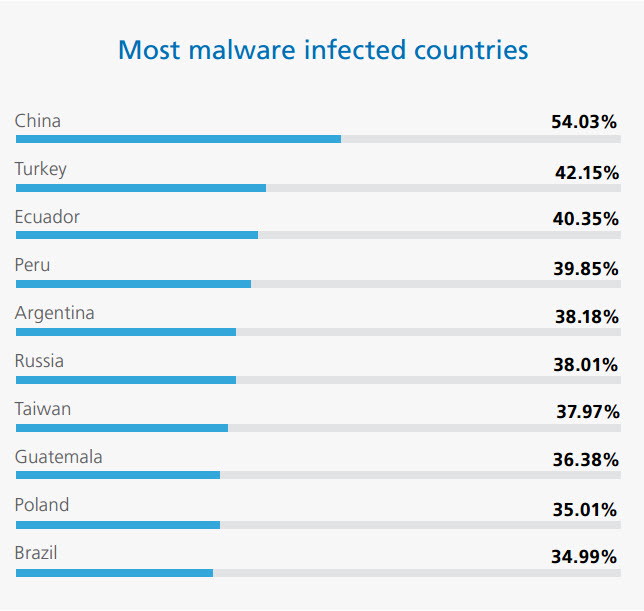
Our colleagues at PandaLabs have released the quarterly report for Q1 2014. One of the report’s main conclusions is that malware is still being created in record-breaking amounts.
Over this period more than 15 million new samples were created, that’s more than 160,000 new samples every day, of which 71.85% were Trojans. This type of malware was also responsible for 79.9% of all infections.
As we have pointed out over the last few months, there’s been an increasing number of attacks on Android environments and many of these involve subscribing users to premium-rate SMS services without their knowledge, often using WhatsApp as bait to reach as many users as possible.
In February, PandaLabs revealed a case of malware operating on Google Play. There were four apps related to different topics (diets, hairstyles, fitness and recipes) which if run on a device would subscribe the user to a premium-rate SMS service. The malware also hid inbound SMS messages so users would be unaware of the attack until the phone bill arrived.
Infections by country
The global infection rate during the first three months of 2014 was 32.77%. China was once again in first place, with a rate of 52.36%, followed by Turkey (43.59%) and Peru (42.14%).
European countries ranked high among the least infected countries, with the best figures coming from Sweden (21.03%), Norway (21.14%), Germany (24.18%) and Japan, which with a ratio of 24.21%, was the only non-European country in the top ten of this list.
Malware on social networks
In March, the Malaysia Airlines flight MH370 disappeared and cyber-criminals were quick to use this as an excuse to distribute supposed videos of the flight on Facebook. To view these videos users were asked to enter their login credentials, and then soon discovered that their Facebook account was compromised. The same tactic was shortly used on Twitter, once again trying to entice users with the flight video.
In these months, the Syrian Electronic Army group has also been active on social networks compromising, for example, the Twitter accounts of Xbox support (@XboxSupport) and Microsoft news (@MSFTNews).
Do you want to see the full PandaLabs report?
